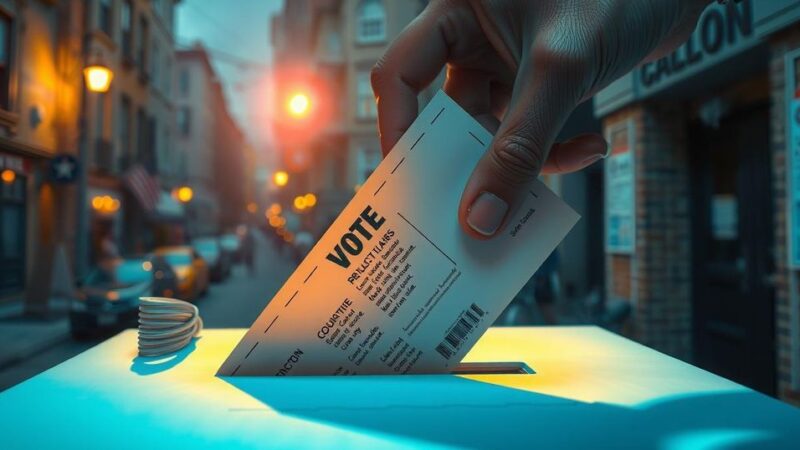On April 2, 2024, President Trump announced reciprocal tariffs, exempting Canada and Mexico. Existing tariffs, including 25 percent on fentanyl-related products, remain in place. Despite being excluded from new tariffs, both countries face challenges under existing duties. Responses from Canadian and Mexican leaders signal readiness to address tariff implications.
On April 2, 2024, President Donald Trump unveiled his reciprocal tariffs, claiming the United States has been “looted, pillaged, raped, plundered” by other nations. Canada and Mexico found themselves relieved as they were exempt from these new tariffs, which introduced a baseline import charge starting at 10 percent, reaching up to 45 percent for certain countries.
Despite being excluded from the reciprocal tariffs, Canada and Mexico will not escape scrutiny entirely. Existing tariffs on their goods remain active, with specific duties of 25 percent on fentanyl-related products and 10 percent on Canadian energy and potash. Additionally, new tariffs on automotive products are set to take effect soon.
Goods from both countries continue to benefit from exemptions under the United States-Mexico-Canada Agreement (USMCA). However, should Canada and Mexico engage in negotiations regarding these tariffs, they may still confront Trump’s imposed baseline tariff rates. Canadian Prime Minister Mark Carney expressed determination to counter these tariffs, emphasizing the importance of protecting domestic workers.
In contrast, other nations, such as Russia, Cuba, Belarus, and North Korea, are not included in the new tariffs due to existing sanctions against them. Trump’s tariffs aim to address trade imbalances, imposing varying rates across other countries, with India facing a 26 percent tariff, while China is hit with a hefty 34 percent, increasing to 54 percent when combined with previous tariffs.
In conclusion, Canada and Mexico avoided the newly imposed reciprocal tariffs by virtue of existing tariff arrangements and exemptions under the USMCA. Nonetheless, they remain vulnerable to pre-existing duties that could impact their economies. The responses from government leaders indicate a readiness to address ongoing tariff challenges, highlighting a nuanced approach to international trade under the Trump administration.
Original Source: www.hindustantimes.com






